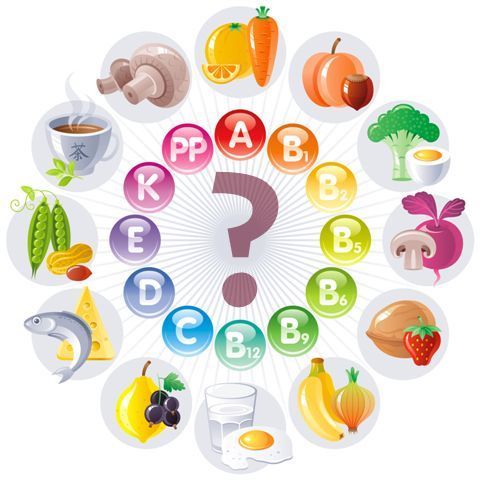Vitamin A is most notable for the role that it plays in night vision, it is also important for maintaining healthy skin.
Vitamin A is a fat-soluble vitamin that fights early signs of aging.
Vitamin A plays a critical role in maintaining healthy vision, neurological function, healthy skin, assists in the healthy formation of new cells.
Consuming a diet high in antioxidants (Vitamins A, C, and E) is a powerful way to naturally slow the aging process.
Common Food Sources of Vitamin A
Liver (beef, pork), carrots, broccoli, sweet potatoes, kale, butter, spinach, leafy vegetables, pumpkin, collard greens, cantaloupe melon, eggs.
Signs Of Deficiency:
Frequent and persistent skin infections
Acne, dry and scaly skin
Throat infections or mouth ulcers
Dandruff and dry hair
Sore eyelids and in extreme cases poor vision in the dark (night blindness)









